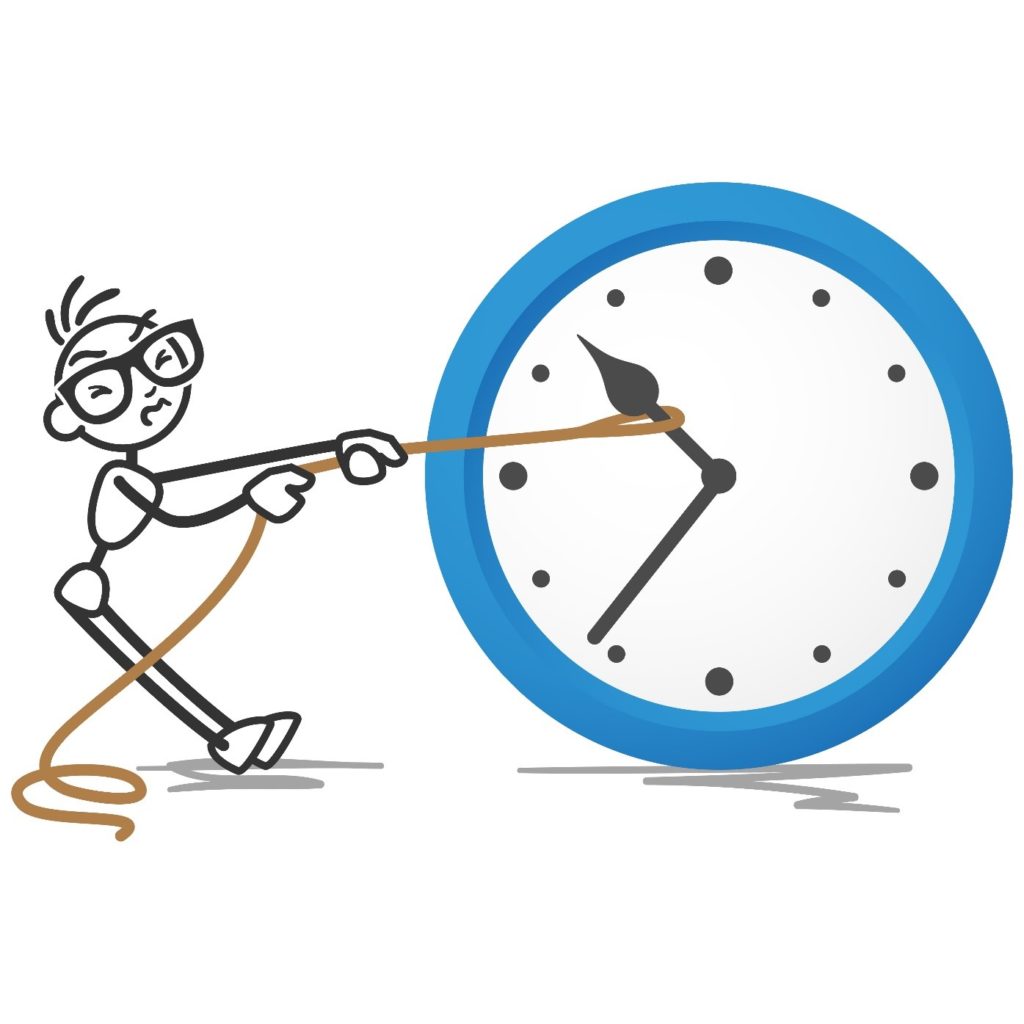As I pulled into the client parking lot (a little pressed for time) I was mentally reviewing the packed day ahead of me. First a team meeting, then an important client update and a new project launch in the afternoon… that’s when my cell phone rang. My son needed stitches and was on the way to the hospital. In an instant my priorities shifted, as they so clearly do in an emergency, I could have sworn I didn’t have any time but here I was, finding creative solutions for my commitments, and ways to still get it all done. And guess what, I did, and I carved out (over 2 hours) to focus entirely on my son.
How we behave in an emergency can be quite enlightening for those of us who believe we never have enough time. 
An emergency can wake us up to recognize that prioritization really drives how we spend our time. On that day, it was the high priority I placed on being with my son that motivated me to alter my approach to my commitments. When I returned to work, my intense focus enabled me to complete the desired activities much more efficiently.
Time was less of a factor than I would have thought and in that moment I realized, I was routinely operating in a scarcity mindset about time.
Scarcity is the belief “there’s not enough to go around.” Which causes us to protect, guard, defend, or hoard. It can make us miss opportunities because we are overly reactive, scared and stressed. It’s also pretty illogical because very few experiences are a “zero-sum game” and there’s generally more than one approach to deliver an appropriate outcome.
Abundance, on the other hand, is the belief “there’s plenty and enough to spare”, which opens up possibilities, alternatives and creativity. Abundance principles resonate with me very profoundly in many areas of my life, but in that moment, it was obvious to me that I had not applied them to my relationship with time. I knew I could shift this, with a bit of practice.
Here are the 6 Time Abundance Practices that I recommend to elongate your relative experience of time:
- Remind yourself there are 1440 minutes in a day: When you realize there are almost 1500 minutes per day, it’s hard to accept you don’t have enough time for your top priorities. Say this sentence often “I always have time for my top priorities” and it becomes second nature to evaluate how you are spending your time.
- Spend more time in reflection: Before beginning any activity, take a moment to reflect on it. Remind yourself why it is important or meaningful to complete the task. Then consider “What is the best approach?” Close the activity with a reflection that acknowledges your progress, considers the learning you are taking away and be proud of what you were able to achieve.
- Avoid contributing to the always-busy-and-in-a-hurry culture – Mindsets are contagious. Choose instead to be intensely present, and focused on the activity you are currently engaged in. Take a few deep breaths after a hurried person rushes past your desk, so that you avoid “catching it”.
- Value and appreciate time – A simple statement of gratitude before starting a task like “I’m really happy to have the next 30 minutes to spend on this presentation” can dramatically improve your energy levels and better transition you to the activity. Also, celebrate and appreciate when time is saved, this is a great way to build a time abundance culture in your team.
- Seeing constraints as opportunities – When faced with a time constraint or a time consuming task, flip it around and consider it an opportunity. A time constraint can be turned into a fun game, to race against time. A time consuming task (like a long commute) can be elevated with music or an audio book. Face each time challenge with optimism. Model that attitude and you’ll be surprised at how quickly problems dissolve and how soon optimism becomes your default mechanism.
- Give more time – Don’t feel like you have enough time? Slip away from your obligations, to help someone. Giving creates an abundant frame of mind and your investment in others will feel rewarding, not to mention… it may come in handy next time you face an urgent priority and find yourself in need of help.
Applying these practices can transform your experience of time. Try them out and share them with your teams! Tell us how much more you accomplish and how much better you feel.
Marisa Murray is a Certified Executive Coach and Professional Facilitator. Her passion is supporting her clients in unlocking their untapped leadership potential in order to yield superior business results with greater ease. Marisa’s background includes over 20 years of advancing leadership positions in management consulting, technology and engineering. Sign-up to receive her weekly self-coaching tips: http://eepurl.com/bCWjgz








Leave A Comment